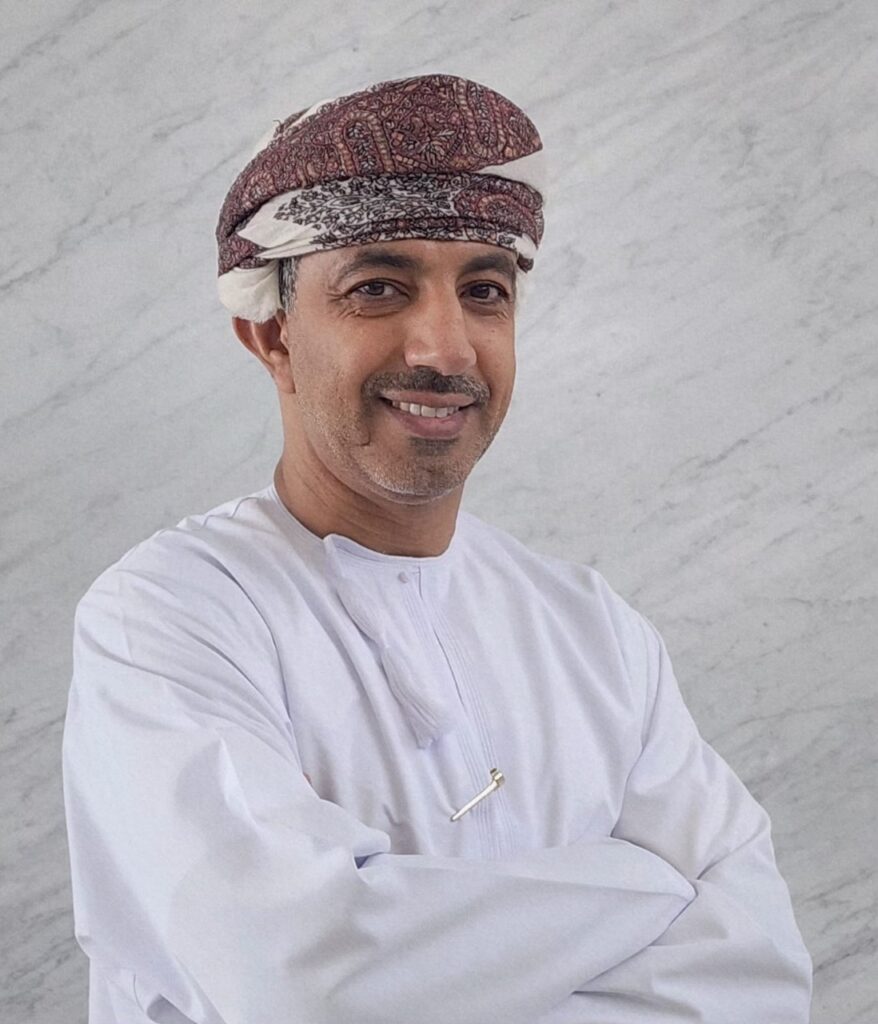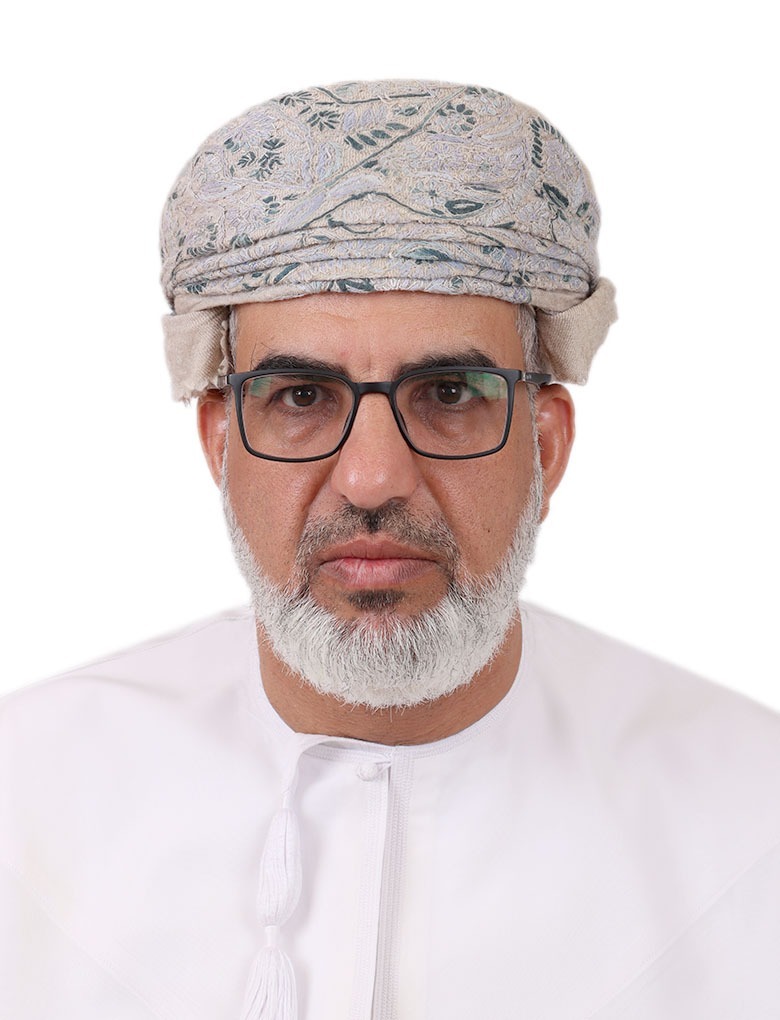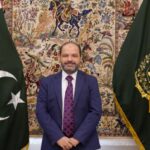MUSCAT – Experts confirm that this surge in educational awareness has led to a radical shift in parenting styles and social communication.
However, its visions may intersect with a number of challenges, including preserving the reality of cultural and social identity amidst the transformations in values and new communication patterns imposed by the digital world.
A new scientific-educational perspective highlights that expanded literacy and higher education across the Sultanate have fundamentally shifted families’ awareness regarding modern parenting, citizenship, and social interaction. According to Dr. Radhia bint Sulaiman Al Habsi, Assistant Professor of Educational Administration at the University of Nizwa, the spread of education in the country has brought about a radical shift in families’ awareness of issues of education, citizenship, and social interaction.
Read More
- His Majesty Sultan Haitham sends greetings to Iranian President
- Man arrested for stealing mobile phones, electronics from shopping mall in Muscat’s Seeb Wilayat
- Labour Ministry hosts 4th Forum on Institutional Innovation and Change Management in Muscat
- 74% of Oman Vision 2040 indicators on track, reveals follow-up unit report
- 18 expats arrested in Musandam for illegal entry into Oman

She noted that educational institutions, whether schools or universities, played a vital role in this transformation. With the increase in literacy rates, parents became more aware of the importance of modern parenting, which focuses on developing children’s social and emotional skills. Educational institutions also provided comprehensive curricula that addressed effective parenting methods, providing families with the opportunity to learn from practical scientific experiences.
“Moreover, the concepts of citizenship have been integrated into school curricula, increasing families’ awareness of the importance of belonging to the nation and active participation in society. These curricula have helped family members understand their rights and duties as citizens, strengthening community cohesion,” she added.
Regarding social communication, Al Habsi explained that education has provided families with exposure to modern communication technologies, which has contributed to improving family and social relations. Education enhances effective communicati
on among family members, which fosters understanding and rational dialogue among them.
She believes that through educational curricula, families now realise that change does not mean abandoning values and traditions, but rather strengthening cultural identity by integrating it with modern knowledge. Higher education programmes, in particular, contribute to preparing individuals to be thoughtful leaders, which helps foster fruitful discussions on social and cultural issues.
She emphasised that this intellectual openness has contributed to improving intergenerational dialogue, as parents and children are now able to discuss social and cultural issues more openly. Effective dialogue enhances trust and understanding and reduces generational gaps. Families that possess this new awareness are better able to make informed decisions related to their daily lifestyles. Their balance between authenticity and innovation is reflected in a more flexible lifestyle, as individuals are able to integrate traditional values with modern lifestyles in an integrated manner.
Discussing the extent to which technology has been able to remain a vital bridge that contributes to strengthening communication between Omani family members and maintaining social cohesion despite the separation, whether for academic or professional reasons, Dr. Salem bin Humaid Al-Shuaili, Director of the Artificial Intelligence and Advanced Technologies Projects Department at the Ministry of Transport, Communications and Information Technology, pointed out that the advanced digital infrastructure in the Sultanate of Oman has formed a solid foundation for employing modern media within homes.
According to the Digital 2024 report, the number of internet users in the Sultanate of Oman reached approximately 4.58 million, with a penetration rate of 97.8 percent of the total population, while World Bank data indicates that 95.25 percent of individuals use the internet, most of them via smartphones, according to a local press report.
Al Shaili believes that this widespread use of internet has enabled families to benefit from videoconferencing tools, particularly during the COVID-19 pandemic. Higher education has demonstrated the effectiveness of these tools in ensuring the continuity of the educational process and increasing opportunities for interaction between teachers and students despite physical distancing.


He noted that children have become digital intermediaries between generations, helping their parents use technology, while parents pass on their values and history through multimedia, creating a kind of mutual cognitive interaction within the family.
However, that the picture is not without challenges, he pointed out. Local studies have warned of the impact of excessive and uncontrolled internet use on family relationships, pointing to a decline in communication between spouses and siblings, in addition to the digital gap between parents and children, which could lead to tension if there is no shared understanding about usage patterns.
In the course of his speech, he explained that technology has become a vital bridge for family communication in Omani society, but it requires educational and cultural awareness to ensure that it remains a window for rapprochement rather than a barrier to generational separation.
Social researcher Dr. Nasser bin Mohammed Al Aufi, a professor of sociology at the University of Nizwa, believes that globalisation has emerged as a major factor in the development of technology and social media, profoundly impacting various aspects of society, most notably the family. The digital world has become an integral part of daily life within homes, leading to the creation of a new generation known by sociologists as “digital children.”
He pointed out that the Omani family is now caught between the benefits of digital development in modern socialisation and the negative impacts on values and identity. Regarding children’s passion for technology, Al Aufi calls for investing in it to guide them towards building a balanced personality through the integration of digital tools into their education.
On the other hand, he noted that digital culture, despite the opportunities it provides for learning and communication, could have negative effects if its use within the family overwhelms direct communication between family members. Furthermore, spending long hours in front of smart devices reinforces individualism and weakens family ties. This reality could result in a digital generation that lacks social skills and may even exhibit patterns of “digital disobedience.”
He added that children’s digital culture is sometimes characterised by consumerism – extravagance through online shopping – and the emergence of a fast-food-based diet that has led to children’s reluctance to gather with their families for meals.







